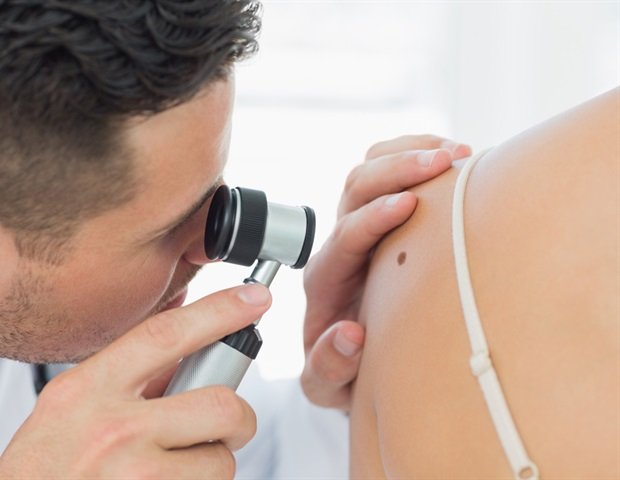According to a study published today in JAMA Dermatology.
Researchers from Vanderbilt University Medical Center’s Center for Drug Safety and Immunology (CDSI), in collaboration with the VUMC Qualitative Research Core, conducted one of the largest qualitative studies in the United States investigating SJS/TEN recovery and long-term residual effects from the perspective of patients.
SJS and TEN occur when a drug triggers the immune system to attack the body’s own skin and mucous membranes. While most studies have focused on acute medical management, this project documented what happens after discharge by interviewing survivors about the impact of SJS and TEN on their lives and home environment.
“By collaborating with experts in qualitative research and behavioral science, we were able to really listen to patients in their own words,” said senior author Elizabeth Phillips, MD, CDSI director, professor of Medicine and holder of the John A. Oates Chair in Clinical Research at VUMC. “These narratives are extremely powerful and very poignantly revealing of the unseen aftermath, loneliness, trauma and fear that follows an under-recognized illness that most clinicians will encounter only once in their entire career,” he said.
Participant feedback revealed that individuals felt unsupported at discharge without guidance or training from providers. They suffered from physical complications such as skin diseases and vision problems, as well as psychological effects such as flashbacks, anxiety and depression. Participants described how initial gratitude for survival gave way to isolation, mistrust, and chronic anxiety about medications.
“These findings point to a clear need for coordinated care,” said lead author Michelle Martin-Pozo, PhD, assistant professor of Medicine and program director for CDSI. “Discharge planning should include mental health referrals, vision monitoring, and education for both patients and families. Survivors need to know what to expect and that they are not alone.”
Funded by the National Institutes of Health (grant R01HG010863), the study builds on VUMC’s global leadership in precision medicine safety and patient-centered care. The authors emphasize that improving survivorship support will require greater physician training, multidisciplinary follow-up, and integration of patient voices at every stage of care planning.
